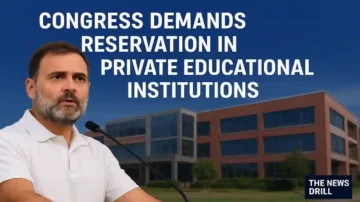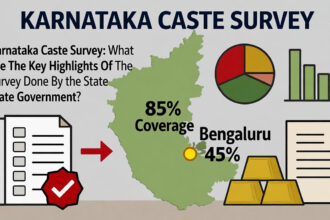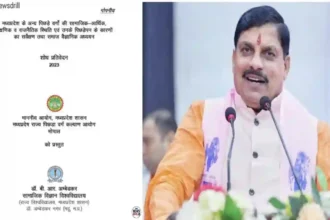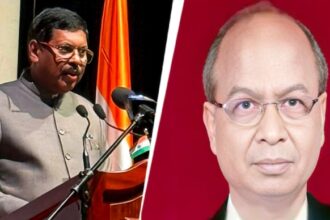In a major recommendation, a Parliamentary panel has urged the government to introduce a law making reservation in private higher education institutions mandatory. The proposal, if implemented, would ensure fixed quotas for socially and educationally disadvantaged groups in privately run colleges and universities.
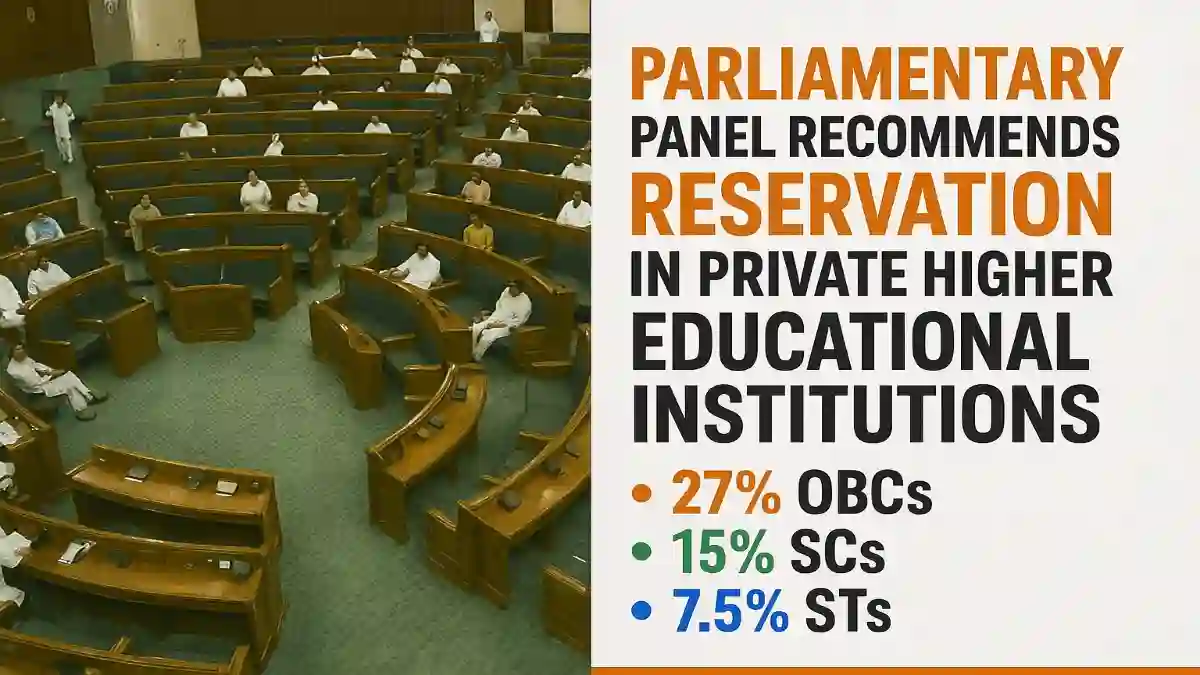
According to the panel’s report, the recommended structure of reservation is as follows:
- 27% for Other Backward Classes (OBCs)
- 15% for Scheduled Castes (SCs)
- 7.5% for Scheduled Tribes (STs)
This move mirrors the reservation policies already enforced in public universities and aims to extend social justice into the private sector, where a large number of students now pursue higher studies.
Expanding Access for Marginalized Communities
The panel argued that reservation in private higher education institutions is essential to bridge inequalities in access to education. With many top ranked colleges and universities operating privately, the absence of a reservation mandate has long been criticized as a gap in India’s affirmative action policies. If the law is passed, lakhs of students from disadvantaged groups could gain entry into prestigious private colleges, thereby broadening opportunities for upward mobility.
Concerns for General Category Students
While the recommendation is being hailed as a step toward inclusivity, it has also sparked debates. Critics argue that mandatory reservation in private higher education institutions could significantly reduce the number of open category seats. General category students, who already face intense competition, may see their opportunities further squeezed, particularly in sought after courses such as engineering, medicine, and management.
Education experts believe that a balance will need to be struck between ensuring equity and maintaining merit based admissions. Without additional expansion in seat capacity, the pressure on general category students could escalate, leading to heightened demand for overseas education or alternative career paths.
Next Steps
The government is expected to review the panel’s recommendations before deciding whether to draft a law. If introduced, the legislation could reshape India’s higher education landscape by making reservation in private higher education institutions a legal mandate rather than a matter of voluntary compliance.
For now, the recommendation has opened a fresh chapter in India’s ongoing debate over reservation, social justice, and fairness in education.
Author’s view: If this law will come into force then it only benefits to reseved category students as seats were reserved for them and may be fees will be low for them. Before also some reservation was provided to reserved category students in Private Educational institutions and as all know about reservation given to reserved category in public and government institutions, very low fees or Nil fees for them and Scholarships, etc. May be all burden will be shift on General Category students after this. Seats will shrink for General Category/ Unreserved Students and have high chance of their fees will increase.

